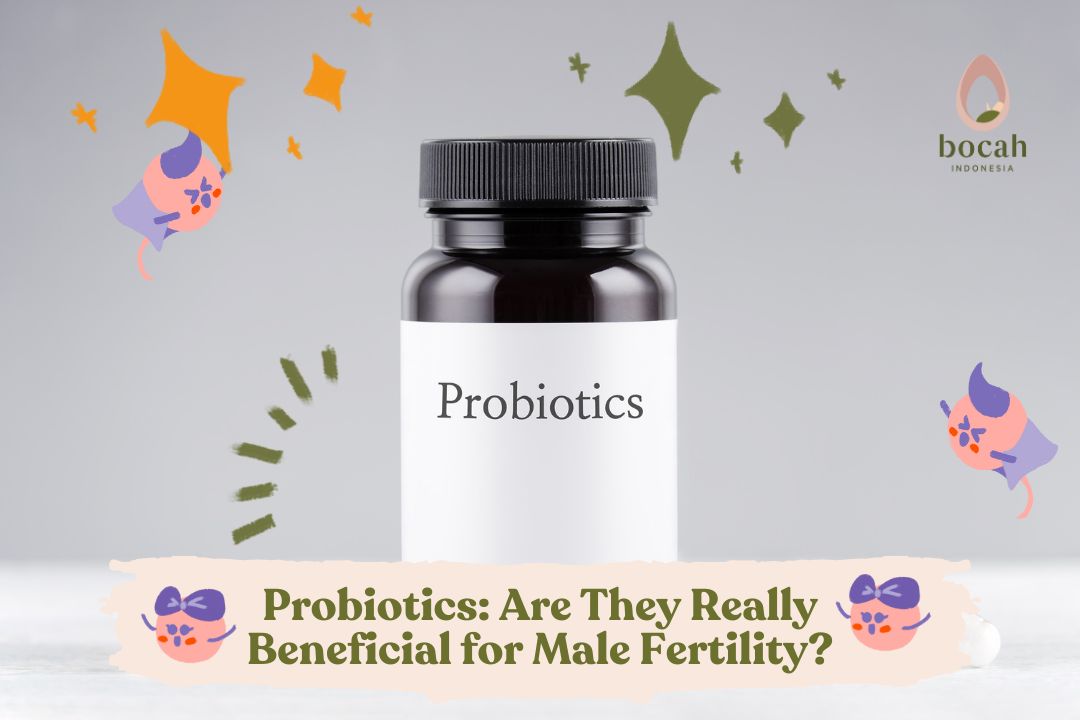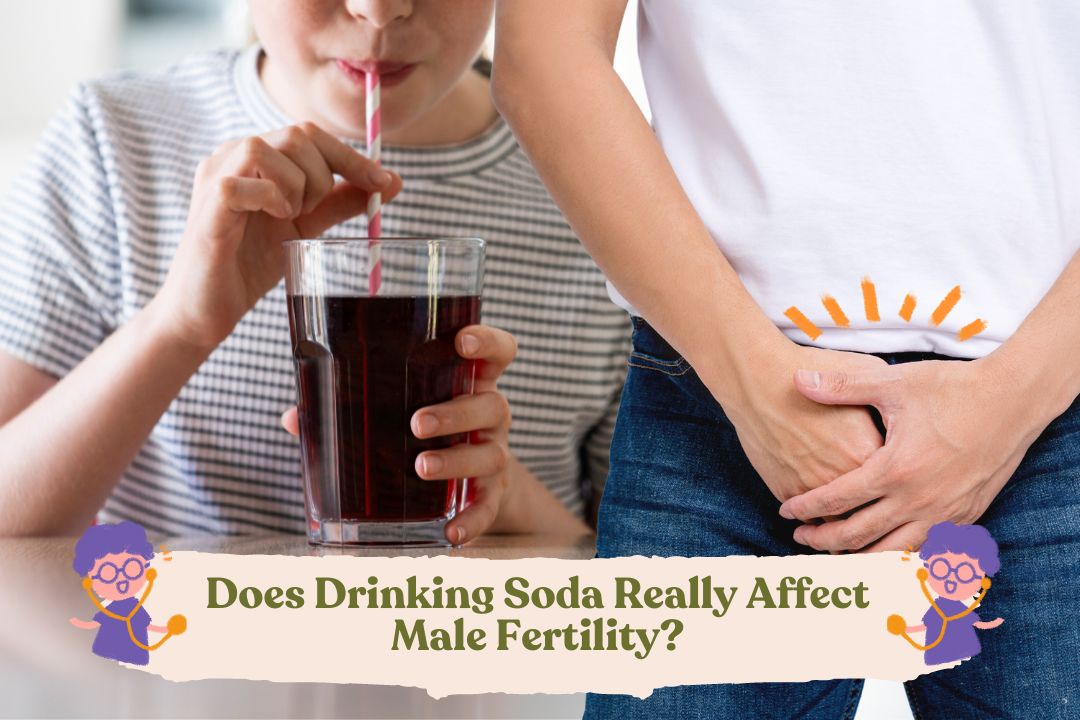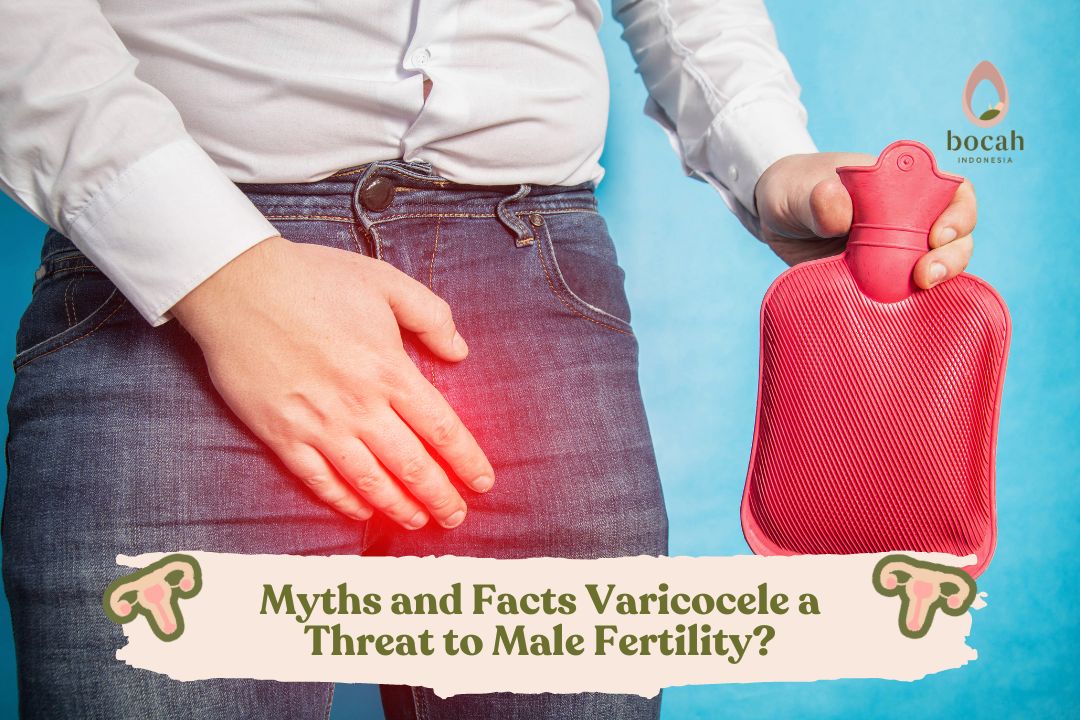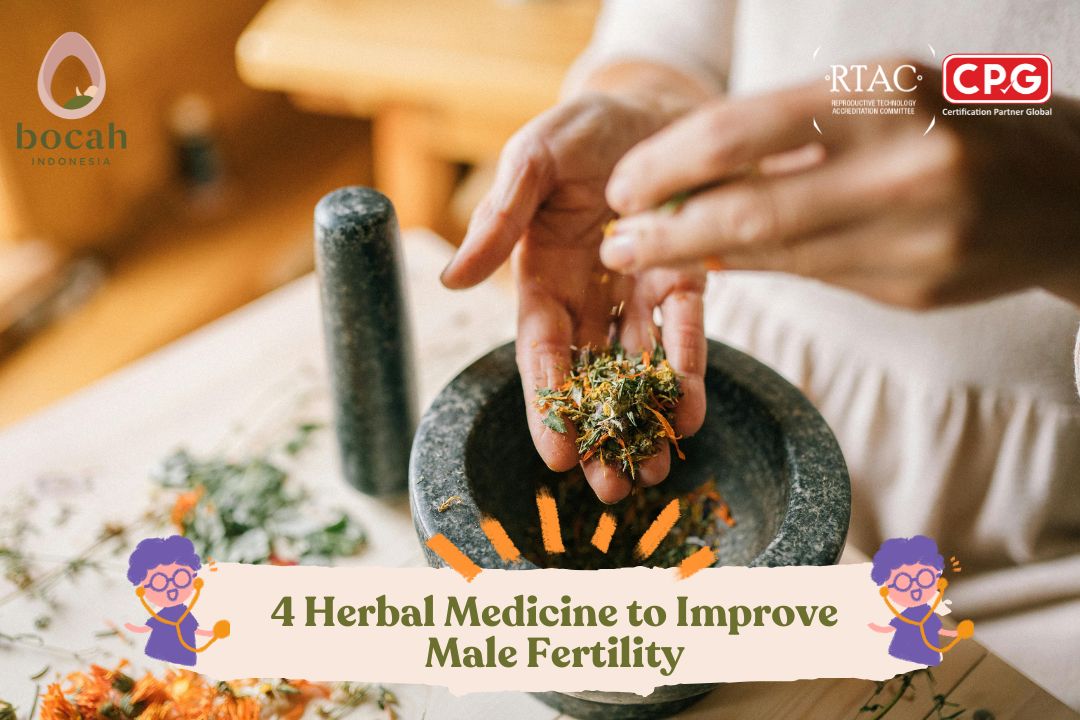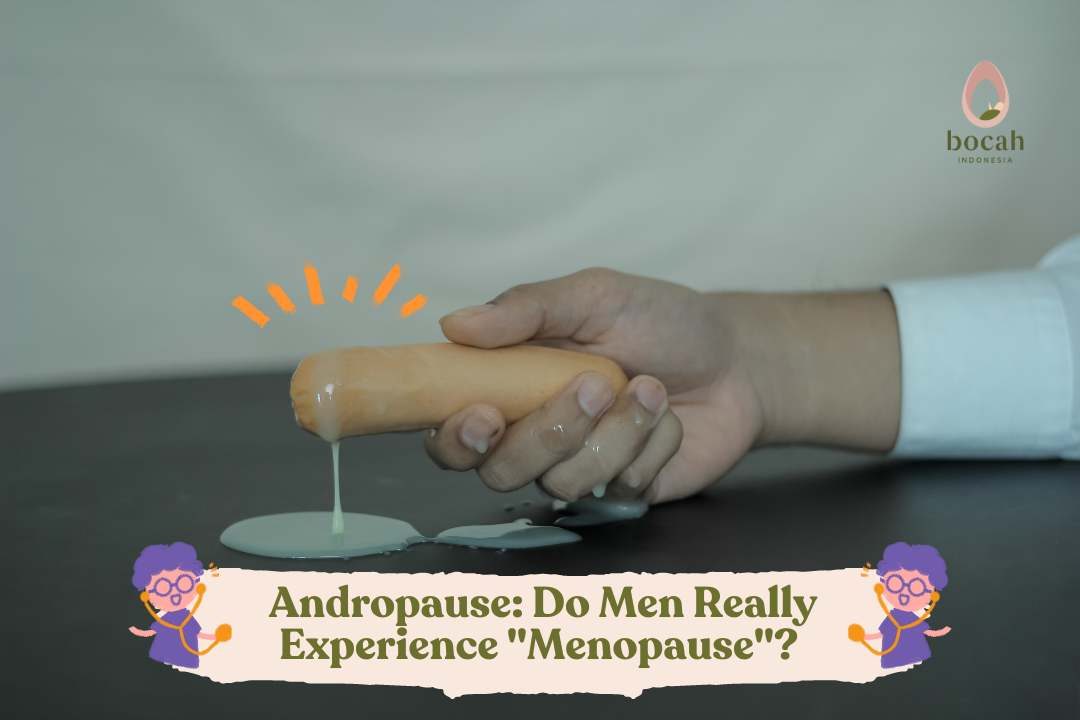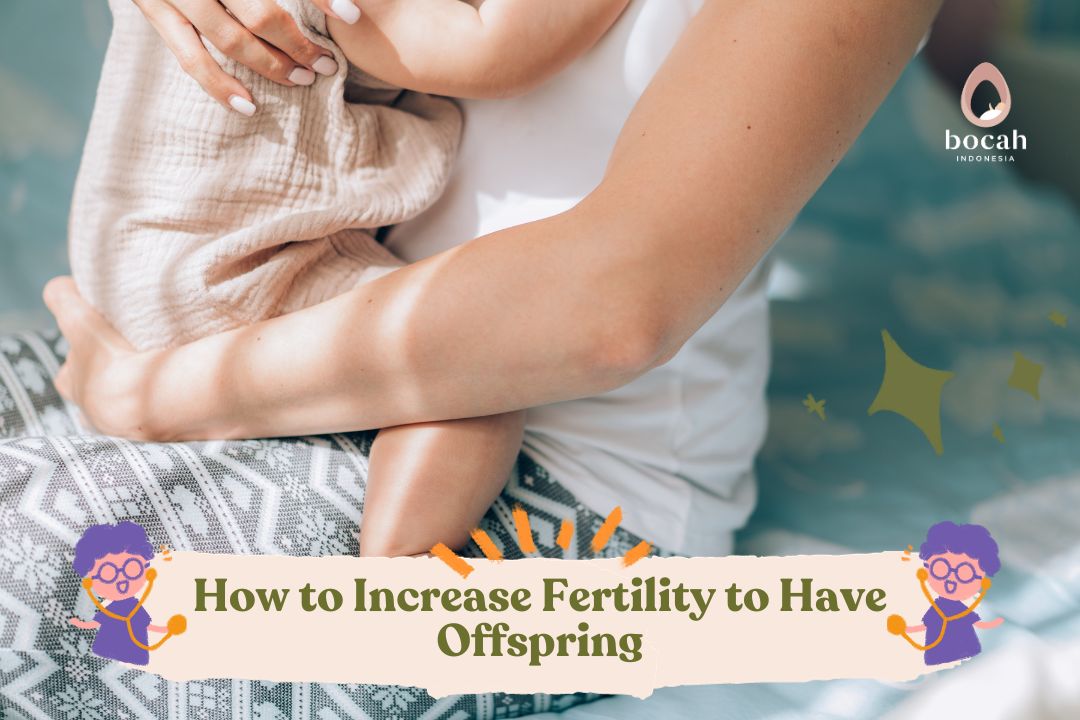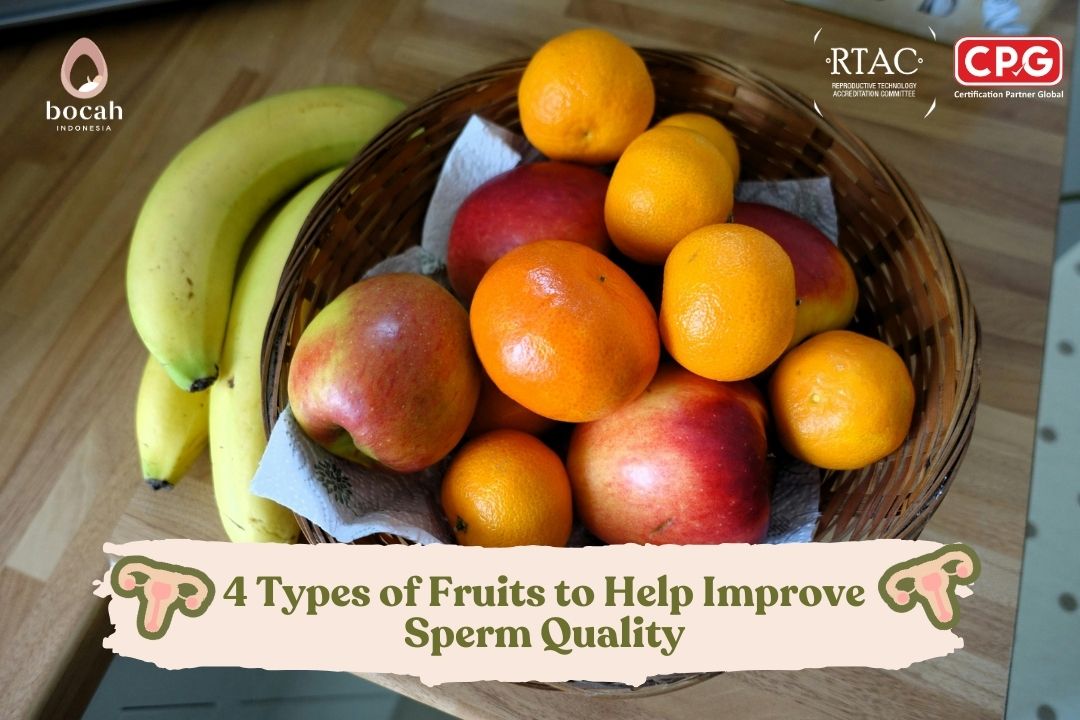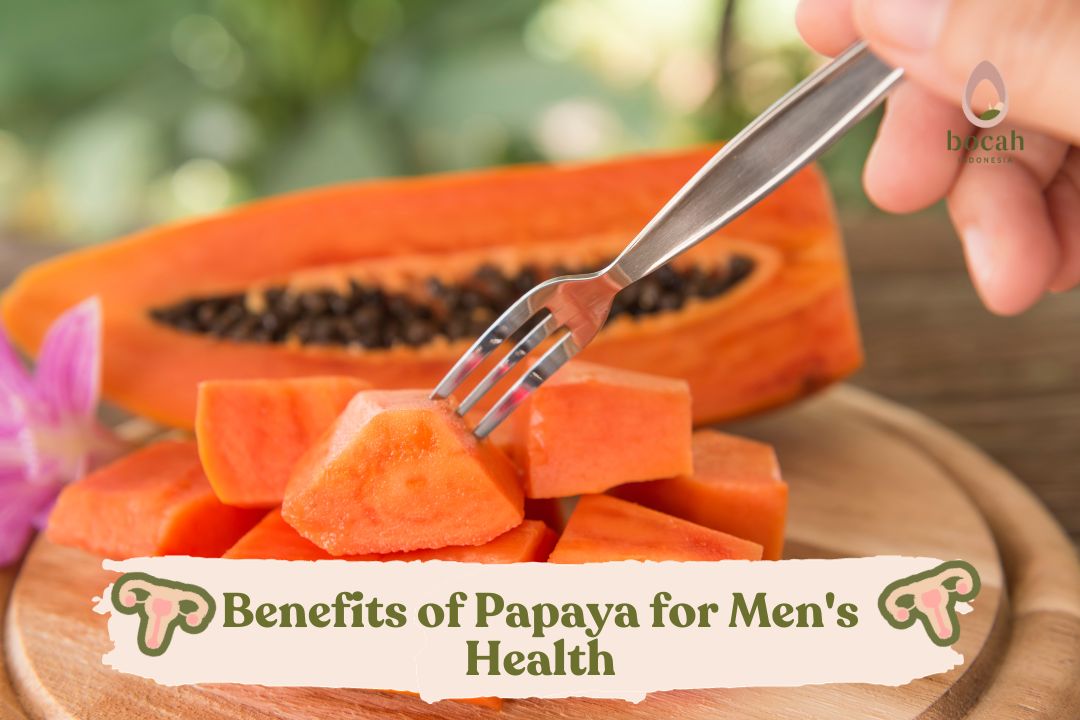Antioxidants, Can They Really Improve Male Fertility?
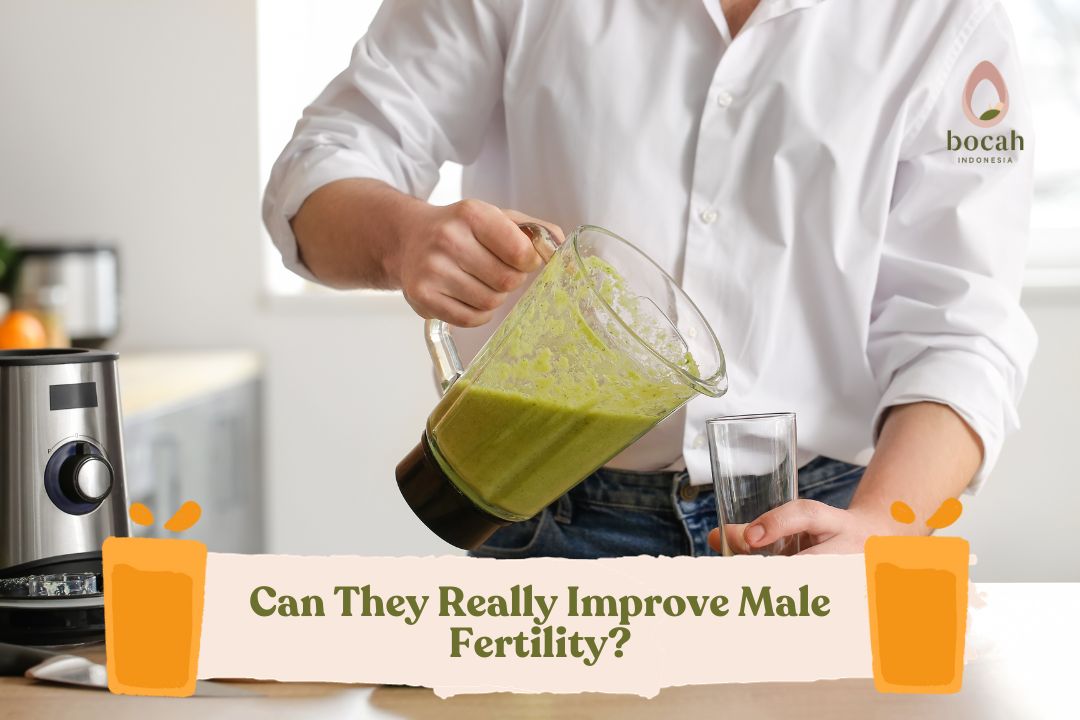
The use of antioxidants in the treatment of male infertility is quite reasonable. Here’s more information.
Infertility is defined as the failure to achieve pregnancy despite regular unprotected intercourse for at least one year. About 15 percent of all couples experience infertility. In this case, male infertility occurs in 30-50 percent of cases.
Some known causes of male infertility include varicocele, smoking, radiation, urinary tract infections, and nutritional deficiencies. Other factors, such as exposure to environmental factors and oxidative stress, are also believed to have a negative impact on male fertility. However, this is not yet fully understood.
In fact, oxidative stress is a common abnormality found in about 50 percent of men with infertility. And scientific evidence has shown that oxidative stress does play a significant role in causing male infertility. The good news is that the use of antioxidants can be a potential option to address this oxidative stress.
What is oxidative stress?
Oxidative stress is a biological mechanism that plays a crucial role in male fertility. A study in 2019 in the Journal of Human Reproductive Sciences found that oxidative stress is associated with decreased sperm motility, increased sperm DNA damage, and an increased risk of miscarriage and genetic abnormalities.
Tanya Mincah tentang Promil?
Before delving further, let’s first understand some of the following terms: free radicals, reactive oxygen species (ROS), and antioxidants.
-
Free radicals. These are unstable molecules with unpaired electrons. Free radicals are produced by various natural processes in the body, such as metabolism, and their levels can increase due to exposure to radiation, pollution, smoking, or illness. Free radicals can cause damage by “stealing” electrons from other cells. This damage can lead to many diseases.
-
Reactive oxygen species (ROS). ROS is a type of oxygen-containing free radical. Like other free radicals, ROS can cause damage to cells.
-
Antioxidants. These are nutrients that prevent or slow down cell damage caused by free radicals. Antioxidants donate an electron to free radical molecules, thereby neutralizing and stabilizing them. Examples of natural antioxidants in the body include vitamin C, vitamin E, and CoQ10 (Coenzyme Q-10).
The presence of free radicals is something that is difficult to avoid because it is a natural byproduct of the human body. Ideally, free radicals can be neutralized by antioxidants before causing significant damage to body cells. However, when their levels are too high and there are not enough antioxidants, free radicals can begin to damage DNA, proteins, and lipid tissues in cells. This is what is referred to as oxidative stress.
Scientists define oxidative stress as an imbalance between the amount of free radicals and antioxidants in the body. Excessive production of ROS leads to high levels of free radicals that antioxidants cannot balance.
However, not all ROS are bad. Free radicals can actually help fight harmful bacteria that cause infections. But the following problems can arise when prolonged exposure to oxidative stress occurs:
-
Cardiovascular disorders, such as heart disease, hardened blood vessels, and high blood pressure.
-
Inflammatory disorders
-
Parkinson’s disease
-
Alzheimer’s disease
-
Various types of cancer
-
Infertility
Oxidative stress also contributes to visible signs of aging.
So, how does oxidative stress affect male fertility?
There is evidence that the sperm cell membrane is vulnerable to damage by ROS and oxidative stress. The structure of the sperm cell membrane is unique and rich in unsaturated fatty acids. ROS initiates a process called lipid peroxidation, where free radicals “steal” electrons from the lipids in the sperm cell membrane.
This leads to a chain reaction that can seriously compromise the integrity and function of sperm cells, as well as trigger cell damage. Excessive presence of ROS also leads to DNA damage in sperm, which generally reduces male fertility.
Indicators of oxidative stress in semen analysis include:
-
Poor sperm motility (asthenozoospermia)
-
Poor sperm morphology (teratozoospermia)
-
Elevated numbers of round cells, including leukocytes (white blood cells), which can be a sign of infection
-
Increased levels of sperm DNA damage in DNA fragmentation analysis
There are actually tests that can more specifically measure levels of oxidative stress in semen, such as directly measuring ROS levels, total antioxidant capacity (TAC), and the oxidative stress marker MDA (malondialdehyde). However, these tests are rarely performed, and there are no clear guidelines regarding the normal range of these parameters.
For now, experts use semen analysis and DNA fragmentation index along with lifestyle analysis, exposure history, and health history to assess whether oxidative stress affects a man’s fertility.
What are the causes of oxidative stress?
Oxidative stress can be caused by both internal and external factors that ultimately have a negative impact on sperm quality and quantity. Internal factors are often associated with medical conditions such as varicocele or hormonal abnormalities. External factors, such as lifestyle or environmental exposure like smoking or pollution, play a role as well.
All of these factors can ultimately reduce sperm quality and male fertility, as reflected in decreased pregnancy success rates, both naturally and with assisted reproductive technology.
The Role of Antioxidants
From the various explanations above, it can be concluded that reducing oxidative stress can be one of the treatment options that can improve male infertility. One way to do this is through the use of antioxidants.
As explained earlier, antioxidants are substances or compounds that can neutralize free radicals and stop chain reactions that lead to oxidative stress. In other words, an adequate supply of antioxidants allows normal processes mediated by ROS, such as the destruction of infection-causing bacteria, to occur without negative effects on body cells.
Some natural antioxidants found in seminal fluid include vitamin C and E, the enzyme superoxide dismutase, thioredoxin, and glutathione. In healthy men, there is a balance between the levels of ROS and these antioxidants in their reproductive tract. However, infertile men are known to have dangerously high levels of ROS compared to fertile men.
Antioxidant Supplementation in Male Infertility, Is It Necessary?
In recent years, there have been increasing studies examining the role of oral antioxidant supplementation in improving sperm quality in men with infertility. Antioxidants related to male fertility are grouped into 4 categories: physiological enzymatic factors, non-enzymatic factors, micronutrients, and those not included in these three categories.
|
Types of Antioxidants |
How They Work Against ROS |
Effects on Sperm Quality |
|
Enzymatic |
||
|
Superoxide dismutase (SOD) |
Neutralize free radicals |
Protect sperm from cell membrane and DNA damage. Improve sperm motility and shape. |
|
Non-enzymatic |
||
|
Coenzyme Q-10 (CoQ10) |
Seek and neutralize free radicals. Prevent lipid peroxidation by ROS in sperm cell membranes |
Improve sperm motility. Protect sperm from cell membrane and DNA damage. |
|
Carnitine |
Neutralize free radicals |
Serve as an energy source. |
|
Lycopene |
Neutralize free radicals |
Improve sperm count and motility. |
|
Micronutrients |
||
|
Vitamin C |
Neutralize free radicals |
Protect sperm from DNA damage, prevent sperm agglutination |
|
Vitamin E |
Neutralize free radicals |
Improve sperm motility and viability. |
|
Vitamin B9 (asam folat) |
Capture free radicals |
Improve sperm motility. |
|
Zinc |
Reduce free radical production |
Improve sperm count and shape. |
|
Selenium |
Enhance enzymatic antioxidant activity |
Improve sperm motility and viability. |
|
Others |
||
|
N-acetylcysteine (NAC) |
Support enzymatic antioxidant activity |
Improve sperm count, motility, and shape. |
|
Omega-3 fatty acids |
Enhance enzymatic antioxidant activity |
Improve sperm motility and shape. |
Most studies show a positive relationship between antioxidants and the improvement of sperm quality in terms of count, motility, and normal sperm morphology. A systematic review of 26 studies in 2018 also found significant positive effects of antioxidant use in men with infertility on pregnancy success rates and live births. In these studies, the most commonly used antioxidants were Vitamin E, Vitamin C, carnitines, N-acetyl cysteine, co-enzyme Q10, zinc, selenium, folic acid, and lycopene.
Good Sources of Antioxidants for Male Infertility
These antioxidants for sperm health can be obtained from food or supplements. Although antioxidant supplementation is generally safe, it does not mean that the more you consume, the better. Therefore, it is recommended to consume them according to the recommended dosage. Also, remember not to consume too many types of antioxidants at once as this can increase the risk of side effects.
|
||||||||||||||||||||||||||||||||||||||
|
|
Also, keep in mind that spermatogenesis, the process of sperm formation, takes about 2-3 months. Depending on the type of supplement, it is necessary to take it regularly for 90 days or more before its effects are noticeable, such as improvements in sperm quality parameters.
Other Ways to Reduce Oxidative Stress
In addition to antioxidants, three other ways to reduce oxidative stress that affects fertility include:
-
-
Improving lifestyle:
-
-
Quit smoking, limit alcohol consumption, and avoid drugs.
-
-
-
Conclusion
Although antioxidant supplementation is not a “miracle cure” for addressing infertility, several studies suggest that its consumption can improve male fertility. To use it optimally, always discuss it with your treating physician.
Source:
- Ahmadi S, Bashiri R, Ghadiri-Anari A, Nadjarzadeh A. Antioxidant supplements and semen parameters: An evidence based review. International journal of reproductive biomedicine. 2016 Dec;14(12):729.
- Dimitriadis F, Borgmann H, Struck JP, Salem J, Kuru TH. Antioxidant Supplementation on Male Fertility—A Systematic Review. Antioxidants. 2023 Mar 30;12(4):836.
- Majzoub A, Agarwal A. Systematic review of antioxidant types and doses in male infertility: Benefits on semen parameters, advanced sperm function, assisted reproduction and live-birth rate. Arab journal of urology. 2018 Mar 1;16(1):113-24.
- Torres-Arce E, Vizmanos B, Babio N, Marquez-Sandoval F, Salas-Huetos A. Dietary antioxidants in the treatment of male infertility: counteracting oxidative stress. Biology. 2021 Mar 20;10(3):241.


